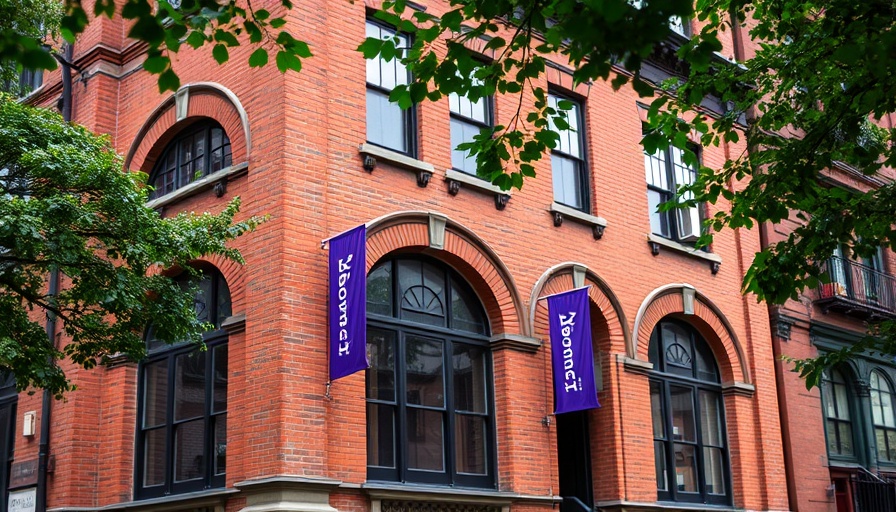
Philadelphia's Mütter Museum Takes Bold Step with Human Remains Policy
In a groundbreaking move, the Mütter Museum in Philadelphia has announced a new policy regarding its collection of human remains, emphasizing the need for ethical considerations and respect towards the individuals whose remains are displayed. This decision reflects a growing awareness and sensitivity surrounding the complex history of anatomical museums and the ethical implications of showcasing human bodies.
Why This New Policy Matters
The Mütter Museum, renowned for its vast collection of medical oddities and anatomical specimens, has always attracted attention for its unique approach to medicine and history. However, with advancements in ethical standards and greater public scrutiny, it is crucial for museums to adapt their practices. The new policy will govern how human remains are treated, displayed, and the context in which they are presented to the public.
The focus on empathy and respect is particularly important in a city like Philadelphia, which is rich in history and cultural diversity. The policy aims to transform how visitors perceive these remains—not merely as exhibits but as legacies of individuals deserving of dignity.
Historical Context on Ethical Displays
Museums like the Mütter have historically faced criticism for their practices concerning human remains. With the rise of ethical considerations in various sectors, a reevaluation of these practices is more necessary than ever. Similar institutions across the globe are reexamining their policies, with many opting to return remains to descendants or pause displays until ethical frameworks are established.
This shift is not just about adapting to contemporary values; it reflects a broader movement towards responsible representation of history. Institutions like the Mütter stand at the forefront of this change, demonstrating leadership in the museum community.
The Impact of Community Perspectives
For Philadelphia's top wage earners and the wider community, this policy may influence how they perceive the Mütter Museum. As well-informed patrons, they are likely to appreciate museums that prioritize ethics over sensationalism. This new approach can foster a deeper understanding of anatomy, medicine, and human stories behind the displays.
By turning this chapter in its narrative, the Mütter not only complies with contemporary ethical standards but also connects with a community that values transparency and respect in storytelling.
What This Means for the Future
As ethical displays gain traction, Philadelphia can become a model for other cities grappling with similar issues. Institutions that embrace these changes will likely attract a wider audience, eager to engage with responsibly presented history. This fosters a culture of learning and empathy, essential for any thriving community.
Considering the high wage as well as educational investment in cultural preservation, organizations that align with community values may see an influx of support, enhancing both their reputations and their ability to fulfill their missions.
Get Involved and Support Ethical Practices
As Philadelphia continues to evolve its cultural landscape, community members are encouraged to participate in discussions around these significant changes. This is an opportunity to contribute to a more inclusive and respectful approach to history. Whether through attending events, donating to local initiatives, or simply engaging in dialogue, every action counts.
The Mütter Museum's new policy is more than a guideline; it’s a shift towards a future that honors the past while respecting its individuals. Now is the time to appreciate how these changes can positively impact our community.
 Add Row
Add Row  Add
Add 




Write A Comment